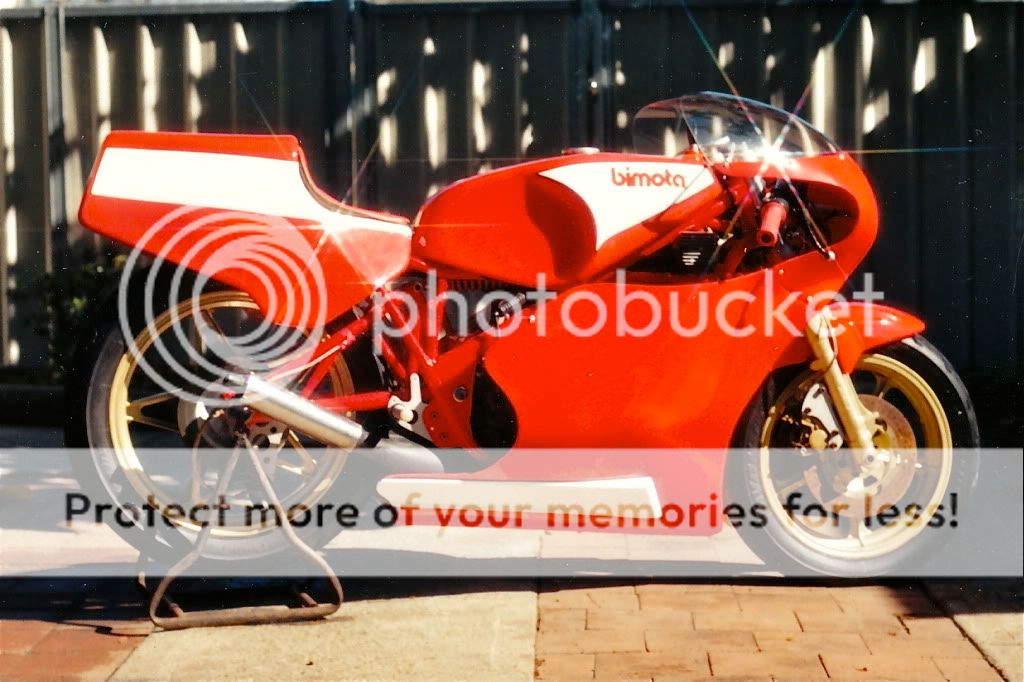
|
|
 |
|
|
|
Welcome to the Australian Ford Forums forum. You are currently viewing our boards as a guest which gives you limited access to view most discussions and inserts advertising. By joining our free community you will have access to post topics, communicate privately with other members, respond to polls, upload content and access many other special features without post based advertising banners. Registration is simple and absolutely free so please, join our community today! If you have any problems with the registration process or your account login, please contact us. Please Note: All new registrations go through a manual approval queue to keep spammers out. This is checked twice each day so there will be a delay before your registration is activated. |
|
|||||||
| The Pub For General Automotive Related Talk |
 |
|
|
Thread Tools | Display Modes |
|
|
#31 | |||
|
Donating Member
 Join Date: Aug 2006
Posts: 5,142
|
Quote:
But in saying that, about 99% of my driving is cruise control on the highway at 100kmh. With a very consistent 9L/100km on E10. I would imagine if more urban driving were involved it would be a different story. |
|||
|
|

|
|
|
#32 | |||
|
Regular Member
Join Date: Jan 2011
Location: Caboolture
Posts: 138
|
Quote:
You're right, we do need to change. E85 will be a much better option once we have a wider usage and more vehicles designed for it. The marine industry doesn't like it because of the hygroscopic nature of the fuel. This can be an issue especially with octane drop. Marine engines spend a lot of time at high revs and loads, much more than normal cars. This coupled with the use of very clean direct injected two strokes can see preignition and detonation problems. One of the other disadvantages is the enclosed engines of stern drive and inboards. The engine space can get a little too warm and the ethanol fuels tend to cause vapour lock. OPE suffers much of the same problems. Their engines are run under harsh conditions, and according to a study done by Orbital POE engines run on e10 suffer considerable more wear. While I'm on that subject, if anyone wants to have a look at a wide range of engine and fuel technology papers the training and publication page on Orbital's web site is worth a look. These guys are the ones that developed the DFI systems used by Mercury (optimax), Aprilia, and a number of other manufacturers. They are Australian, but have their fingers in a lot of international stuff. Anyway, as you said, engineers will nut out the issues. There will be a cost to this, and we will pay it, but what do you do, everything has a price and if it is something you want, you just suck it up and pay 
__________________
Cheers Col |
|||
|
|

|
|
|
#33 | |||
|
FF.Com.Au Hardcore
Join Date: Feb 2008
Posts: 2,312
|
Quote:
__________________
My ride: 2007 Falcon Ute BF XR8 Orange, MTO. |
|||
|
|

|
|
|
#34 | |||
|
Regular Member
Join Date: Jan 2011
Location: Caboolture
Posts: 138
|
Quote:
__________________
Cheers Col |
|||
|
|

|
|
|
#35 | ||
|
FF.Com.Au Hardcore
Join Date: Mar 2010
Posts: 1,481
|
I know people that have old fibreglass boats that have used E10, parked the boat in the shed for the winter & come back to find that any E10 that has come in contact with the fibreglass has eaten it away. They have now come up with better fibreglass, but still doesnt sound good.
I think the main problem with ethanol is that like stated in the first statement, is that it absorbs water!!! so imagine the petrol has been sitting in the tanks at the petrol station for a little while with some condensation in the tank. The fuel then absorbs the water. Then you have water going through the motor. Never a good thing. |
||
|
|

|
|
|
#36 | |||
|
FF.Com.Au Hardcore
Join Date: Dec 2004
Posts: 12,077
|
Quote:
|
|||
|
|

|
|
|
#37 | ||
|
Regular Member
Join Date: Jan 2011
Location: Caboolture
Posts: 138
|
I would think that epoxy resin would be fine with e10, polyester resin not so good. The trouble is that most products are polyester resin based as it is cheaper.
There are a lot of old bikes that use fibreglass fuel tanks too, and the owners may not understand the consequences of using e10. These two of mine had fibreglass tanks.   In late model cars e10 isn't much of an issue.
__________________
Cheers Col |
||
|
|

|
|
|
#38 | |||
|
FF.Com.Au Hardcore
Join Date: Nov 2006
Posts: 1,458
|
Quote:
Carbys appeared on Australian sold cars as late as 1993. It is not that it just affects the carbies either. Any fuel lines, petrol regulators, and filler necks up until about 2000, are not designed for contact with ethanol. I'm all for having ethanol options at the pumps but there is no need to mandate the use of it! |
|||
|
|

|